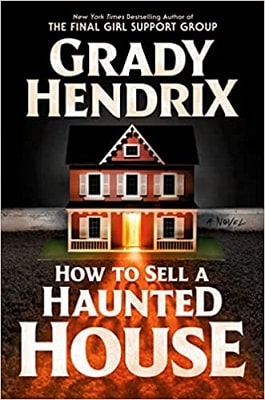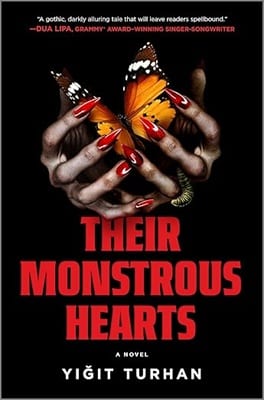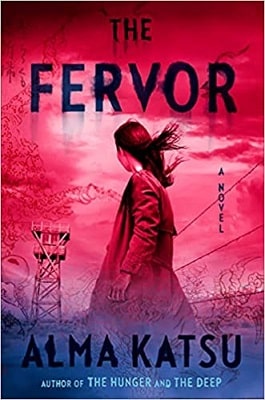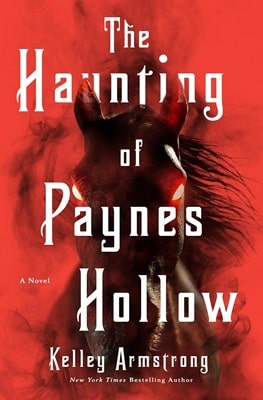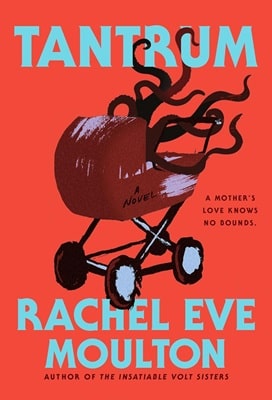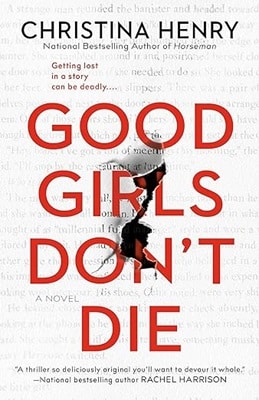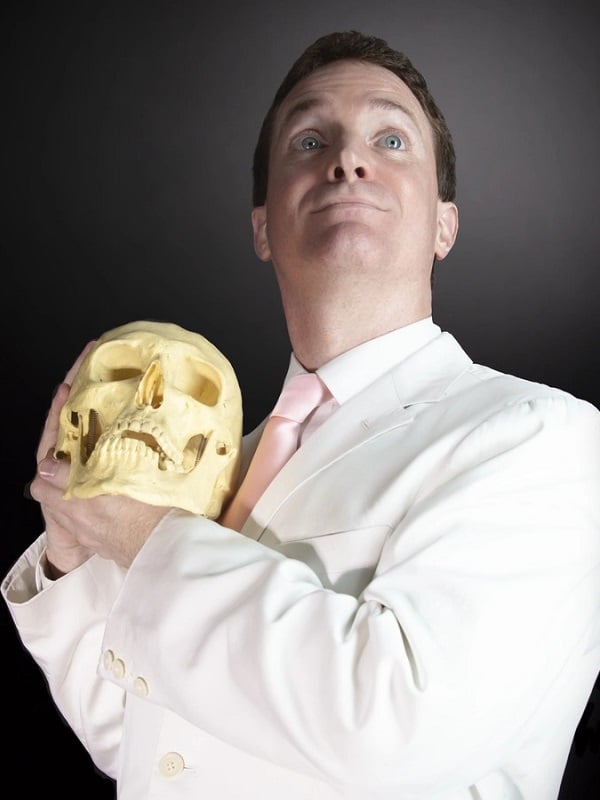
Q&A
Grady Hendrix
Grady Hendrix writes fiction, also called “lies,” and he writes non-fiction, which people sometimes accidentally pay him for. He is the author of Horrorstör, the only novel about a haunted Scandinavian furniture store you’ll ever need. It has been translated into 14 languages and is being turned into a movie from the people who made quality films like 1917 and Black Swan. Foolishly, they are paying Grady to write it. He is busy inserting a whole lot of tutus into it right now.
Q. What are some of your favorite themes of horror? Are any of them present in How to Sell a Haunted House?
Grady: Like a lot of people who love this kind of depravity, I don’t read horror to be scared, although that’s a nice bonus. I read horror because it’s my safe space. Nothing makes me feel more comfortable than a black cat arching its back on a tombstone or a deserted country road lined with abandoned houses where you can hear things creeping around in the basements. I wrote How to Sell a Haunted House during the pandemic, when we were all isolated and trapped in our own houses, and I wanted to write something that made me feel less lonely. I missed my family and so I decided to write a haunted house novel because haunted house stories are always about families: their secrets, their curses, and what they leave behind.
Q. You’ve said elsewhere that, growing up, you weren’t allowed to watch R-rated movies. What was your relationship with the horror genre as a kid? How did that impact your writing?
Grady: I wasn’t actually much of a horror fan when I was a kid because the covers of the books freaked me out too much. So it’s weird that I wrote a book (Paperbacks from Hell) about those exact covers! When I was young, I mostly read sci-fi, men’s adventure, and military fiction. My horror exposure came, the way it comes for a lot of people, by watching horror movies with my friends. On my birthday I got to invite a bunch of people over to spend the night out in the garage and we’d watch one horror movie after another. Pretty soon we were doing it even when it wasn’t anyone’s birthday. So my connection to horror was that it was social, it was fun, and it was something best experienced with friends.
Q. Have you ever been inside a house you considered haunted?
Grady: For many years I worked for a parapsychological research organization and while I’ve never personally been in a house people considered haunted, I’ve talked to lots of people who have. What’s funny is that real life haunting experiences tend to sound pretty anticlimactic to the outside listener. Supernatural experiences have a huge emotional impact on the people experiencing them, but when they describe the experience it’s usually not very action packed: you see someone walk across a room that was supposed to be empty, doors or cabinets open or close on their own, you hear footsteps overhead when no one else is home. It’s a bit like telling someone your dreams: they mean a lot to you, but as you relate them you realize that the person you’re talking to is not totally overwhelmed. For researchers, these kind of experiences are invaluable datasets, but they aren’t going to turn your hair white. Fictional haunted houses, on the other hand, they’re a non-stop shower of blood, buckets of flies, and screaming ghosts jumping out of the freezer.
Q. Two of your recent titles,The Southern Book Club’s Guide to Slaying Vampires and The Final Girl Support Group were breakout successes. How have these enormous accomplishments affected your writing, expectations, or process?
Grady: I’m incredibly grateful to readers who embraced those books, and I’m really psyched to get out on the road with the new book, doing my show, and meeting all these people. It’s been too long since I got to do that! (Thanks, pandemic.) But I just keep my head down and keep on writing because it’s what I love to do. The only change in my stupid, backwards, probably deeply inefficient process is that I don’t want to disappoint anyone (child of divorce) so I keep trying to level up my game.
Q. What’s next?
Grady: I’m currently finishing the screenplay for a feature film based on my first book, Horrorstör, about a haunted IKEA, and I’m also working on my new novel for 2024. And I’m bringing back my podcast, Super Scary Haunted Homeschool, in early 2023. I love podcasting but it is a lot of work if you want to deliver something awesome, so I’m really excited to be back in the saddle. Some of the episodes I’ve done are among my favorite projects I’m completed.
Grady Hendrix's Latest
How to Sell a Haunted House
When Louise finds out her parents have died, she dreads going home. She doesn’t want to leave her daughter with her ex and fly to Charleston. She doesn’t want to deal with her family home, stuffed to the rafters with the remnants of her father’s academic career and her mother’s lifelong obsession with puppets and dolls. She doesn’t want to learn how to live without the two people who knew and loved her best in the world.
Most of all, she doesn’t want to deal with her brother, Mark, who never left their hometown, gets fired from one job after another, and resents her success. Unfortunately, she’ll need his help to get the house ready for sale because it’ll take more than some new paint on the walls and clearing out a lifetime of memories to get this place on the market.
But some houses don’t want to be sold, and their home has other plans for both of them…

